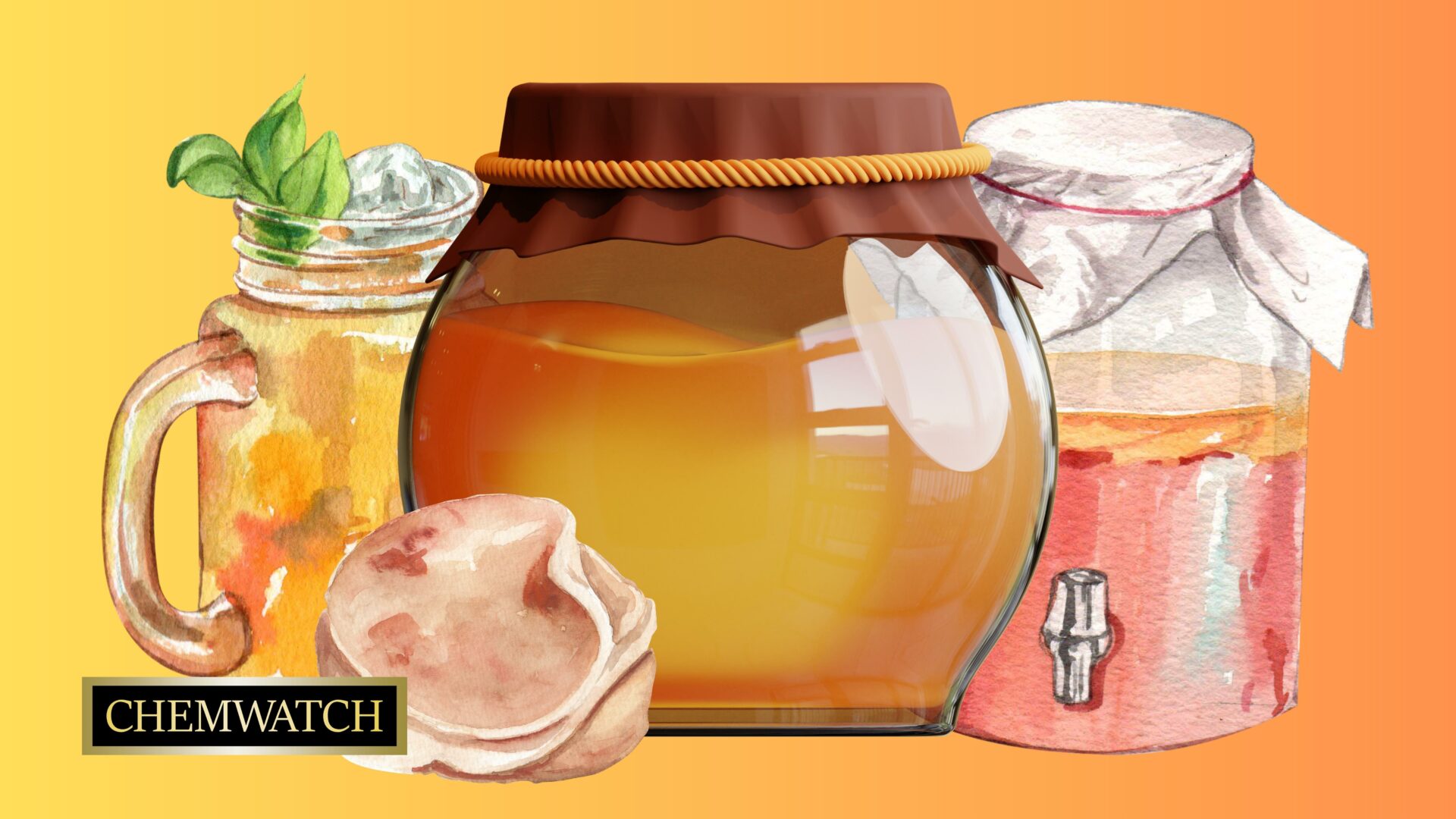
Tangy and effervescent, kombucha has gained immense popularity recently as a healthy and refreshing beverage alternative. With its roots in ancient traditions, kombucha is a fermented tea available in many flavours and boasting myriad potential health benefits. Discover the fascinating world of kombucha, its origins, the science behind fermentation, the nutritional value it provides, and the exciting array of flavours available.
Kombucha's origins can be traced back to ancient China, revered as the "Tea of Immortality." According to legend, kombucha was discovered over 2,000 years ago by Emperor Qin Shi Huangdi's physician, who stumbled upon a bubbling tea concoction with remarkable health benefits. It later spread to other parts of Asia and eventually reached the West. The process of making kombucha involves fermenting sweetened tea using a SCOBY (Symbiotic Culture of Bacteria and Yeast), also known as the "kombucha mother" (Smith, 2019).

The magic of kombucha lies in the fermentation process. The SCOBY consumes the sugars in the tea and converts them into various beneficial compounds, including organic acids, vitamins, enzymes, and probiotics. A symbiotic relationship between the bacteria and yeast in the SCOBY drives this process. The yeast converts the sugars into alcohol, which is then further metabolised by the bacteria into organic acids. This fermentation process creates the unique tangy flavour, and effervescence kombucha is known for (Jayabalan et al., 2014).
Kombucha offers a range of potential health benefits. It is rich in probiotics, beneficial bacteria supporting gut health and digestion. These probiotics help maintain a healthy balance of microorganisms in the gut, aiding nutrient absorption and promoting overall digestive wellness. Additionally, kombucha contains antioxidants, B vitamins, and beneficial organic acids like acetic acid and gluconic acid, which have antimicrobial properties that may support overall well-being (Gaggìa et al., 2019).
Some studies suggest kombucha's probiotics and bioactive compounds may have immune-boosting properties, contribute to detoxification, and help reduce inflammation. However, it is essential to note that more research is needed to fully understand the extent of these potential benefits and their specific mechanisms of action (Jayabalan et al., 2014).
Classic Flavours: classic kombucha flavours like original, ginger, and berry blend to offer a refreshing and familiar taste. These timeless varieties balance sweet and tangy flavours that appeal to various palates. The original flavour showcases kombucha's distinct tanginess, while ginger adds a warm and spicy kick. Berry blends infuse the drink with a delightful medley of sweetness and tartness.
Exotic Blends: for those seeking unique and adventurous flavours, kombucha offers a world of possibilities. From tropical fruit medleys to herbal infusions, exotic blends like mango passionfruit, lavender lemonade, and hibiscus ginger provide an exciting twist to traditional kombucha. These innovative combinations offer a burst of flavour and transport your taste buds to far-off lands, inviting you to indulge in the vibrancy and diversity of the kombucha universe.
DIY Kombucha: if you're feeling adventurous, you can try brewing your kombucha at home. DIY kombucha allows you to experiment with different teas, flavours, and fermentation times, creating customised brews that suit your tastes. The possibilities are endless—from green to black tea and fruit infusions to herbal blends. With some essential equipment, a SCOBY, and a little patience, you can become a kombucha artisan, crafting unique flavours that reflect your style and creativity.
Kombucha is more than just a trendy beverage—it has a rich history, a fascinating fermentation process, and a potential treasure trove of health benefits. Whether you prefer the classic flavours that provide a familiar and refreshing experience or you're eager to explore the bold and exotic blends that push the boundaries of taste, kombucha has something to offer everyone.
Chemwatch understands the importance of safe handling and storage practices for sensitive ingredients. Chemwatch offers comprehensive solutions for chemical and hazardous material handling, including Safety Data Sheets (SDS), labels, risk assessments, and heat mapping. With Chemwatch, you can have peace of mind knowing that you are following proper safety protocols in handling all ingredients, for kombucha or otherwise!
Sources: